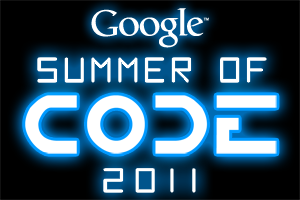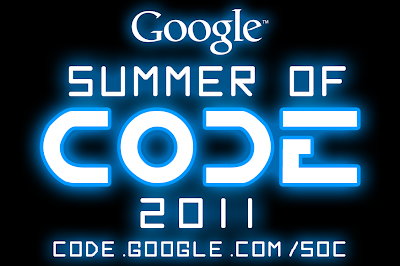 The continuing mission of the Bay Area Video Coalition (BAVC) is to inspire social change by enabling the sharing of diverse stories through art, education and technology. One of the ways they pursue this goal is by offering classes to youth, such as their Digital Pathways: Open Source class. This program offers intensive media training for young people who want to learn skills related to careers in technology and the media arts.
The continuing mission of the Bay Area Video Coalition (BAVC) is to inspire social change by enabling the sharing of diverse stories through art, education and technology. One of the ways they pursue this goal is by offering classes to youth, such as their Digital Pathways: Open Source class. This program offers intensive media training for young people who want to learn skills related to careers in technology and the media arts.Earlier this month the class was treated to lunch and a tour of Google’s headquarters in Mountain View, CA. During lunch, the students had a chance to sit down with members of the Open Source Programs Office and ask questions about working in open source. They talked with Junio C Hamano, maintainer of the GIT project, Ian Hickson, writer for the HTML5 spec, and Carol Smith, administrator for Google Summer of Code and Google Code-in.
The students range in age from 13 to 19 years old and most had never coded in any language before they started. If you know someone in the San Francisco Bay Area who wants to learn more about open source, this class is a great introduction. More photos and information about the class are available on the BAVC Digital Pathways: Open Source blog.
By Ellen Ko, Open Source Team; Photo by kingobie1

